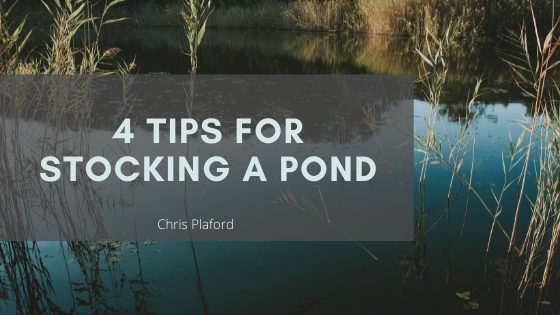Success in aquaculture, or aquafarming, involves stocking the right fish in the right order to ensure balanced populations and good fishing. Stocking a pond brings about not just enjoyable fishing; maintaining fish also controls the growth of weeds and algae, as well as helping to keep worms and leeches and some insects under control. An adequately stocked pond ensures the fish themselves will keep life balanced.
Creating a Balanced Pond
Stocking a pond that will be appropriately balanced involves putting in three prey fish, for every one predator fish. Such a ratio ensures that the predators have a large enough selection of prey to provide some of the prey fish opportunities to mature and reproduce. As owners begin to stock the pond, it is good to add some fathead minnows to feed the predators. Doing so will allow the prey fish to become better established in the pond. Under the right conditions, minnows that can replenish themselves can become regular snacks for the fish.
Maintaining Balance in Ponds is Essential
If the pond is appropriately stocked, the fish population tends to keep itself properly in check. From the beginning, it is vital to stock fish of the same size so that they will be allowed to grow. Checking that “foreign” fish have not come into the pond is also important. These fish can be introduced by waterfowl that inadvertently carry eggs or fry on them. Or, flooding can wash fish from nearby ponds, streams, and lakes. Inevitably, outside fish will find their way into the pond, so owners should fish or set traps to check that larger prey fish are not in their pond.
Creating a Habitat
It is important to have grasses, weeds, and other structures where the young and small fish can hide. Designed environments such as Fish Attractor Trees are available to make areas for fish to congregate. Artificial habitats are a clean way to provide a safe home. Also, these habitats prevent hooks from snagging when owners fish. Trees and shrubs are essential, too, for providing cover. Plants are also important as they stop erosion, add oxygen and provide shelter.
Keeping up the Maintenance
Having an aeration system will ensure that fish get enough oxygen. Certain bacteria are beneficial, such as those found in supply stores, as they will reduce toxic gases and add to the amount of dissolved oxygen in the pond, preventing stratification.
